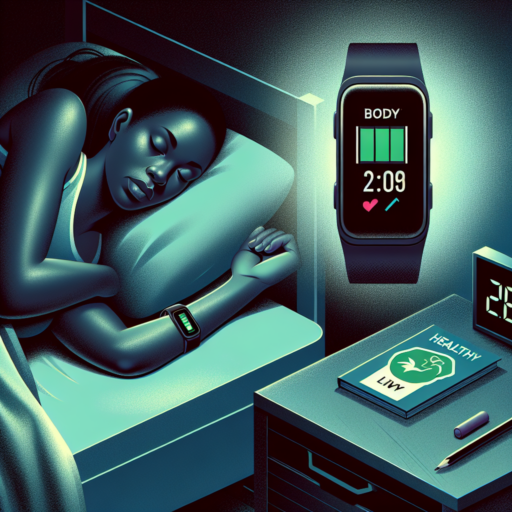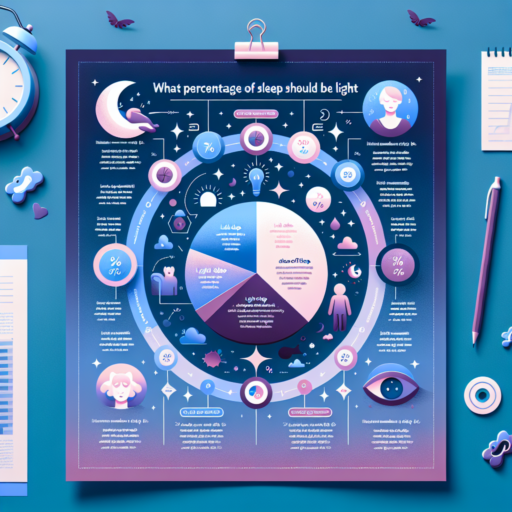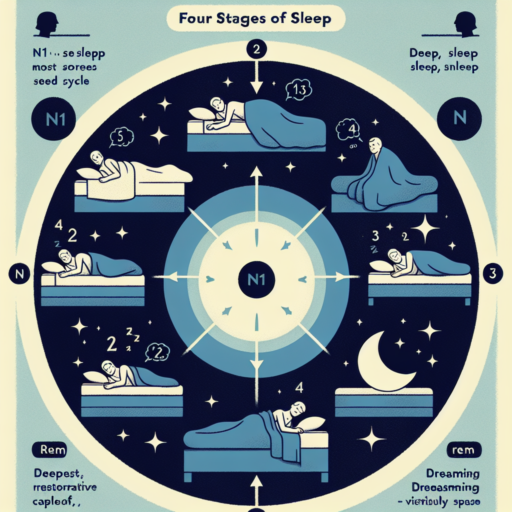Why is my body battery low despite sleep?
Feeling low on energy even after a sound night’s sleep can be perplexing and often leads individuals to question, «Why is my body battery low despite sleep?» This question touches on the intricacies of our body’s energy management system and how it correlates with not just the quantity, but the quality of sleep we get. Various factors can interfere with the refurbishment of our energy levels, making it a topic worth exploring to enhance our well-being.
One primary consideration is the role of sleep quality over mere duration. Sleep disorders such as sleep apnea can significantly fragment your sleep, reducing its restorative value and leaving you feeling drained upon waking. Consequently, it’s crucial to evaluate not just how long you sleep, but how well you sleep. Environmental factors, stress levels, and lifestyle choices can all subtly undermine sleep quality, leading to a perceived low body battery despite adequate sleep duration.
Another aspect to consider is the impact of stress and mental health. High stress levels can deplete your energy reserves as your body remains in a constant state of alertness, using up more energy than it can recover overnight. This energy deficit can manifest as fatigue, even if you’re spending enough hours asleep. Mental health conditions like depression and anxiety can similarly tax your energy levels, creating a cycle of exhaustion that persists regardless of sleep quantity.
How do I improve my Garmin body battery?
Improving your Garmin Body Battery is pivotal for those seeking to optimize their overall wellness and energy management. The key to enhancing your Body Battery lies in understanding its core principles and integrating specific practices into your daily life to boost energy levels and promote recovery.
Understand Your Stressors and Recovery Needs
Begin by identifying activities and behaviors that significantly drain your energy. Garmin devices track stress levels and provide insights into physical and emotional stressors. By recognizing these patterns, you can implement strategies to manage stress, such as mindfulness and relaxation techniques. Equally important is focusing on restorative practices, including quality sleep and rest days from exercise, to allow your body the necessary time to recover and replenish your Body Battery.
Optimize Sleep Quality
Inadequate sleep profoundly affects your Garmin Body Battery score. Prioritize 7-9 hours of uninterrupted sleep to allow your body to rest and repair. Implement a consistent sleep schedule, create a restful environment free from screens and distractions, and consider activities that promote relaxation before bedtime, such as reading or gentle yoga. Garmin devices often provide sleep analysis that can help you identify patterns or issues affecting your sleep quality, assisting in making informed adjustments.
Nutrition and Hydration
Maintaining a balanced diet and staying well-hydrated are fundamental to improving your Body Battery. Nutrient-dense foods provide the energy your body needs to function correctly and recover from stress and exercise. Focus on whole foods, such as fruits, vegetables, lean proteins, and whole grains. Proper hydration is equally crucial, as even mild dehydration can lead to fatigue and reduced energy levels, negatively impacting your Body Battery score. Aim for at least 8 cups of water a day, or more if your activity level is high.
By addressing these areas, you can significantly influence your Body Battery, enhancing your energy levels, recovery rate, and overall well-being. Remember, consistency is key; gradual adjustments and regular monitoring of your Garmin device’s feedback will help you identify what works best for your unique needs.
Can Garmin body battery go to zero?
Many Garmin users often wonder if their Garmin Body Battery—a feature designed to monitor and give insights into one’s energy reserves—can indeed deplete fully to zero. The simple answer is yes, but it’s more complex and rare than most realize. The Garmin Body Battery utilizes a combination of heart rate variability (HRV), stress, and activity data to estimate the energy levels of an individual throughout the day. As such, several factors influence whether or not the body battery can hit that extreme low.
Firstly, reaching a body battery level of zero is uncommon and typically indicates extreme physical or emotional exhaustion. It’s worth noting that Garmin designed this feature to help users understand when to rest and when to push themselves. Therefore, experiencing a body battery dip to zero could be a strong indication that your body requires rest and recovery. Garmin’s algorithm for the Body Battery is calibrated not just to reflect current states but to prompt user wellness, making the journey to zero quite rare under normal circumstances.
Additionally, external factors like stress, sleep quality, and physical activity play crucial roles in the energy level displayed by your Garmin device. Proper sleep, managing stress, and balancing physical activity are essential in maintaining a healthy Body Battery score. Thus, those who manage these factors well will unlikely see their Body Battery drain to zero. In essence, a holistic approach to health and fitness is not only beneficial for your overall wellbeing but critical in keeping your Garmin Body Battery levels optimized.
No se han encontrado productos.
Does alcohol affect body battery Garmin?
Indeed, discussing the impact of alcohol on the body battery feature of Garmin devices is essential for users looking to optimize their health and fitness tracking. Garmin’s body battery technology is designed to monitor your body’s energy levels by combining data on stress, heart rate variability (HRV), sleep, and activity. This comprehensive approach provides a unique insight into your overall well-being.
Understanding the Influence of Alcohol on Your Body’s Energy
Alcohol consumption can significantly affect your body’s energy stores. When you drink, your body prioritizes metabolizing the alcohol over other metabolic processes. This shift can influence your sleep patterns, reducing the quality and amount of restorative sleep you get. Since Garmin’s body battery calculation includes sleep quality as a critical factor, alcohol can indirectly impact your body battery score by worsening the quality of your sleep.
Alcohol’s Effect on Heart Rate Variability (HRV)
Another important factor in calculating your body battery is your heart rate variability. HRV is a measure of the time variation between heartbeats and is an indicator of your body’s stress levels and nervous system balance. Consuming alcohol can decrease HRV, suggesting increased stress or reduced recovery. This is because alcohol can stimulate the body’s sympathetic nervous system (fight or flight response), reducing the parasympathetic (rest and digest) activity. As a result, your Garmin device may detect increased stress levels, lowering your body battery score.
In conclusion, while the direct effect of alcohol on Garmin’s body battery feature might not be explicitly measured, it influences key factors involved in its calculation. Therefore, being mindful of alcohol consumption can help in better managing and understanding your body battery readings.




